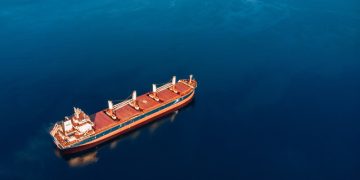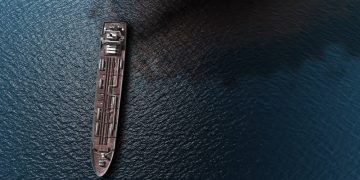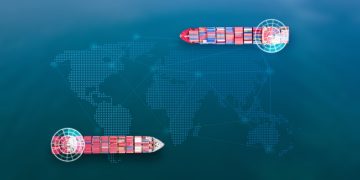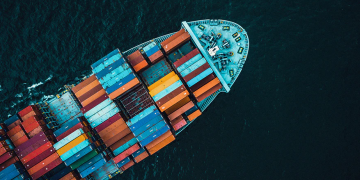Best Practices on operational level from the Manager Perspective
Erasmia Vlachandrea, HSE & Vetting Manager, Alison Management Corp.analysed the''Best Practices on operational level from the Operator Perspective'' at the 2015 SAFETY4SEA Athens Forum. She stated that commercial vessels are by definition unsafe and mitigating safety risks is a challenging job. Over the past decades, rendering the ships safe is becoming more and more demanding as requirements get stricter and more complicated. The benefits of a well-established safety culture are never apparent immediately. She concluded that no matter the obstacles, it will pay off eventually. The nature of the safety and the shipping industry and particularly in tankers has changed radically over the last two decades as we all know, many issues have appeared and that has made us all to change our outlook on how we work; this goes especially for oil companies, seafarers onboard the vessel, Port State Controls, P&I Clubs, Classification Societies and flag administrators. When I first became a DPA during my first steps in the industry I was onboard an oil tanker on the maiden voyage and I tried to take the elevator together with the engineer but unfortunately the cabinet never arrived. When we opened the door which showed the shaft underneath, the master ...
Read more

























































